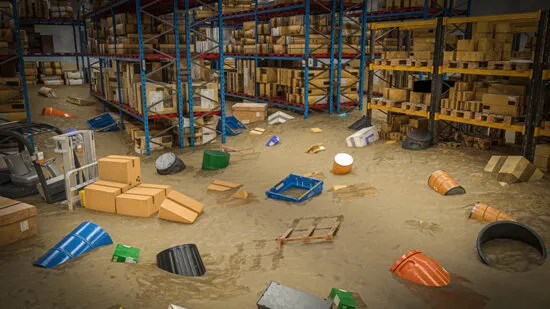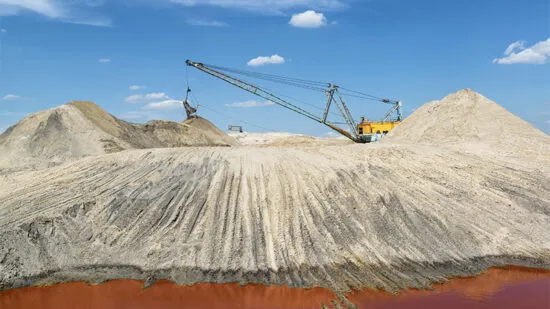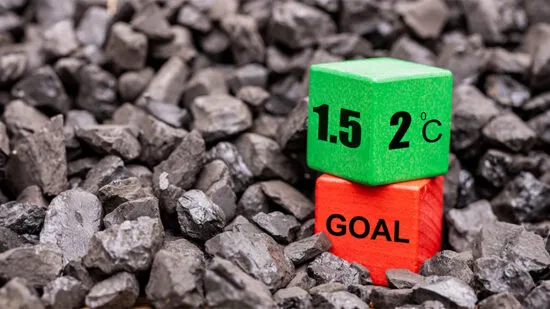On a quiet street in Baku, a family-run textile workshop hums with the steady rhythm of sewing machines, stitching garments destined for markets across Europe. Like countless small businesses worldwide, this humble enterprise is a lifeline for its community and a quiet yet essential player in the fight against climate change. Hidden behind the fabric of global supply chains, these small and medium-sized enterprises (SMEs) are grappling with a stark reality: the future of their craft, their communities and their planet hinges on their ability to adapt to a rapidly greening economy.
SMEs are the unsung heroes of the world’s economic fabric. Representing 90% of businesses globally, accounting for 70% of jobs, and contributing between 40% and 60% of global GDP, they form the backbone of the modern economy. Yet, despite their central role, SMEs are often absent from the global climate discourse.
Meanwhile, larger corporations dominate the sustainability narrative, announcing ambitious goals to decarbonise their operations and supply chains. While commendable, these efforts remain incomplete without integrating SMEs—an essential link in the chain. From textile workshops in Azerbaijan to farmers in Brazil, SMEs power the production networks that sustain global markets. Supporting them in reducing their carbon footprints is not just a necessity; it is a responsibility.
For the green transition to succeed, SMEs must move from the periphery to the centre of the climate debate. Platforms like COP29, currently underway in Baku, Azerbaijan, offer an unparalleled opportunity to elevate SMEs’ voices and ensure they are recognised as indispensable to climate solutions. The barriers they face, however, are substantial. Limited access to technical expertise, financing, and market opportunities constrain their ability to implement sustainable practices. Without targeted support, SMEs risk falling behind, jeopardising broader global climate goals.
The Global Climate Action Agenda, rooted in the Paris Agreement, is already reshaping industries, supply chains, and communities worldwide. It seeks to fundamentally alter how we produce, consume, and live. However, achieving its goals hinges on the full participation of SMEs, which support up to 70% of global supply chains. Decarbonisation and resilience will remain elusive without their engagement.
That’s why the High-Level Champion’s Climate-Proofing SMEs campaign and the Baku Coalition for SMEs’ Green Transition, initiated by KOBIA in collaboration with the International Trade Centre and Brazil – host of COP30 – are dedicated to placing SMEs at the heart of the climate agenda. These initiatives aim to provide SMEs with the resources they need: tailored capacity-building efforts, access to competitive financing, and platforms to showcase their green innovations.
Yet transitioning to a greener economy is not a simple task. SMEs require time to adjust, market mechanisms that reward sustainable practices, and supportive ecosystems that foster partnerships with national SME agencies, business associations, and supply chain leaders. It is essential to recognise that the green transition involves more than technological or procedural changes—it demands a wholesale transformation of market dynamics.
At COP29, we urge all UNFCCC Parties, national and local governments, civil society, and multinational corporations to prioritise SMEs in their climate strategies. Only by integrating SMEs into the global climate dialogue can we unlock their potential to drive innovation, build resilience, and spur economic growth.
The transition to a green economy will define this generation. It requires bold action, innovative solutions, and collaboration across sectors. COP29 presents an opportunity to ensure SMEs are not merely participants but leaders in the global climate effort. Together, we can shape a sustainable, resilient future—one where no business, no matter how small, is left behind.








